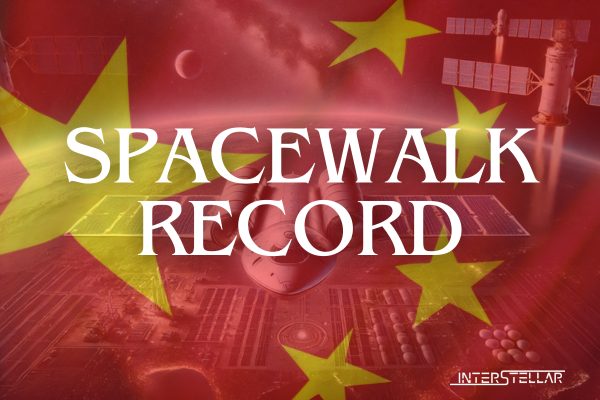Chinese Astronauts Set New Spacewalk Record, Advancing Beijing’s Space Programme
Two Chinese astronauts achieved a world-record spacewalk of more than nine hours this week, marking a significant milestone for China’s rapidly growing space programme. The achievement highlights Beijing’s increasing presence in space exploration.
Record-Breaking Spacewalk Details
Cai Xuzhe and Song Lingdong conducted the spacewalk outside the Tiangong space station on Tuesday. Their mission lasted at least four minutes longer than the previous record set in 2001 by NASA astronauts James Voss and Susan Helms.
Wearing their Feitian spacesuits, the Shenzhou-19 astronauts completed tasks such as installing space-debris protection devices on the station’s exterior. According to China’s Manned Space Agency, the astronauts accomplished all planned objectives successfully. Wu Hao, a staff member at the China Astronaut Research and Training Centre, noted that both astronauts were “very excited” about their achievement during an interview with state broadcaster China Central Television.
The History and Context of Spacewalks
Spacewalks, also known as extravehicular activities (EVAs), date back to 1965 when the former Soviet Union carried out the first mission. Since then, Russia and the US have performed hundreds of spacewalks, primarily outside the International Space Station. These missions typically involve maintenance tasks, such as installing solar panels or conducting materials research. China joined this elite group in 2008 when its first astronaut performed a spacewalk.
Beijing’s Growing Space Ambitions
This latest achievement comes amid a series of breakthroughs that have positioned China as a formidable player in space exploration. In 2021, China landed its first rover on Mars. Earlier this year, its Chang’e-6 mission retrieved rock samples from the moon’s far side, a first for any nation.
Looking ahead, Beijing plans to send astronauts to the moon by 2030, aiming to become the second nation after the US to achieve this feat. As part of its broader vision, China has invited international partners to collaborate on its International Lunar Research Station programme. This initiative rivals NASA’s Artemis programme, which aims to return US astronauts to the moon for the first time since 1972.
With inputs from Reuters





